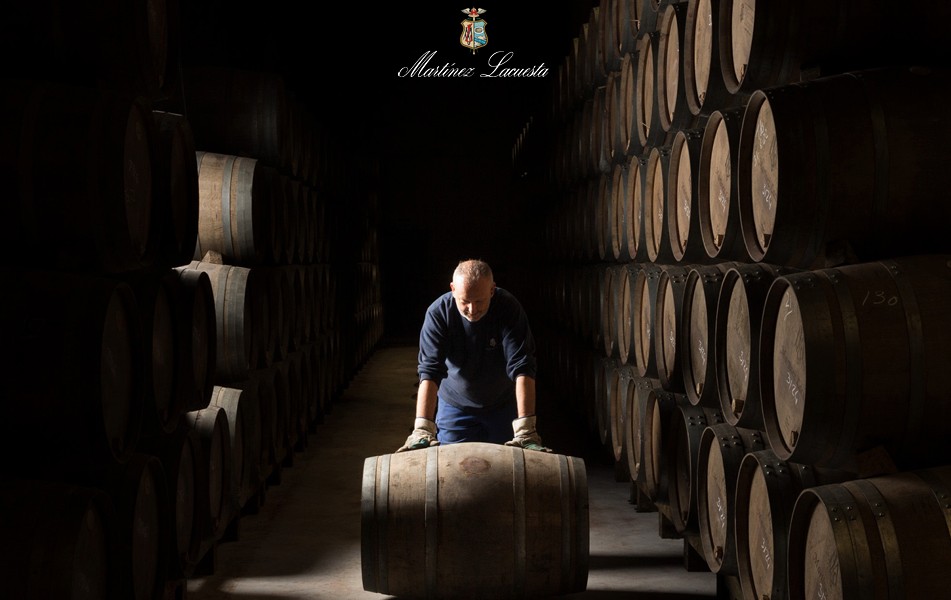South Africa faces up to 300m litre wine lake
The impact of South Africa’s fight against the Covid-19 pandemic, including the imposition of prohibition, have left up to 300 million litres of wine unsold as the next harvest approaches.
The closure of the country’s hospitality industry, the near complete absence of tourism, two (relatively) short-lived bans on exports and periods of prohibition have left in the region of 280m to 300m litres of wine unsold according to Nedbank – essentially the equivalent of the entirety of domestic sales in 2019.
With domestic sales down 21% and exports steady but not growing (and with Europe experiencing some larger crops of its own in the past couple of years), the pressure of over-supply is already forcing prices down in some cases.
As reported by Business Insider South Africa, off-loading unsold stocks at lower prices, sending some wine for distillation and industrial use and even sacrificing some of next year’s crop as grape juice might help drain the current glut but at the cost of forcing grape and wine prices to lows that will no doubt cripple some producers.
The South African wine industry’s most important struggle at present is maintaining its economic viability.
If grape and wine prices are constantly forced downwards, so more vines – especially precious old vine material – will become unviable and either abandoned or more likely grubbed up to make way for another crop.
As it stands, industry body VinPro is currently estimating that as many as 80 wineries and 350 growers could go under in the next 18 months.
And the situation is unlikely to be helped by a government which appears largely unsympathetic to what could and should be a standard bearer for its agricultural sector and which has just announced more wide-ranging restrictions as part of a fresh crackdown on Covid infections; including restrictions (though not a ban) on alcohol sales.
Partner Content
Expanding in other emerging African markets is of course another option for the South African industry and a greater push in key European and North American export markets.
Nedbank’s divisional manager of agriculture, Daneel Rossouw, also highlighted the potential in China where South Africa commands a mere 1% share of the market.
It’s certainly true that with Australia’s wine industry receiving a bloody nose at the hands of Bejing through the swingeing tariffs recently slapped on imports, there exists a gap in the market to be exploited; especially as Australia will be looking to Europe and North America to pick up its own slack now as well.
On the other hand, South Africa would do well to heed the moral of the Australian lesson in dealing with China and how swiftly market opportunity can lead to market misery.
READ MORE: South Africa’s perilous progress





We established a new company just for this reason here in the UK. We receive our first container tomorrow and feel pretty good to be helping in our own way. A bold move as it has all been paid for with our own savings. We hope the UK public will get behind it or we will be paying our grocery bills in Pinotage – great Pinotage of course.